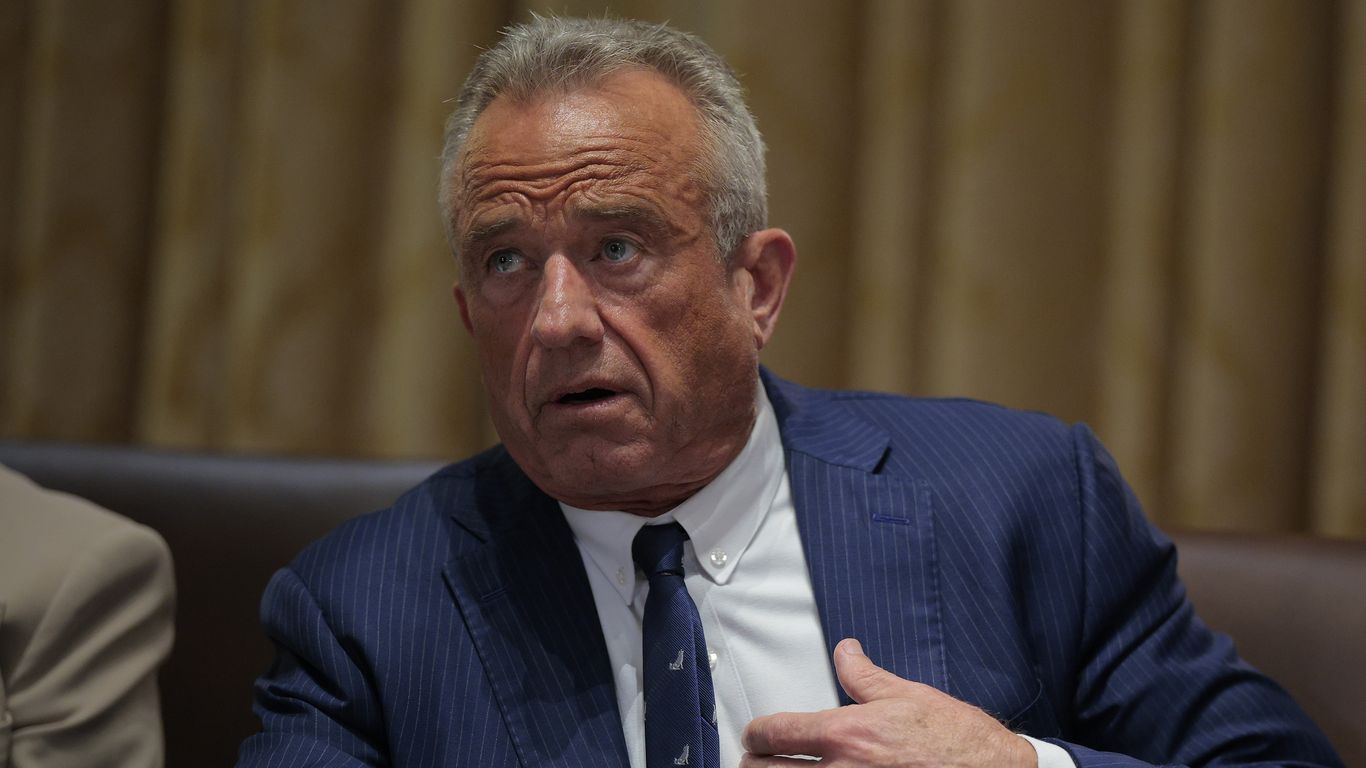
"When a principal officer role is vacant, federal law allows the president to appoint an acting director who has sufficient seniority at the agency or already has been confirmed by the Senate for a different role - such as the current heads of FDA or NIH, said Dorit Reiss, law professor at UC Law San Francisco. That individual could serve as the CDC's acting leader for up to 210 days. But that term could be extended if the White House nominates someone who the Senate rejects."
"What they're saying: "It will be difficult to find another CDC director that can walk the line of MAHA and gain the trust of the Senate to allow for confirmation," David Mansdoerfer, a former senior HHS official in the first Trump administration, told Axios. On the other hand, the resignation of CDC leaders will allow Kennedy to put people he trusts in those positions, he said."
CDC leadership resignations and escorted departures have created a vacancy that could expand presidential influence over the agency. Federal law permits appointment of an acting director from senior agency officials or previously Senate-confirmed officials from other agencies, such as FDA or NIH leaders. An acting director can serve up to 210 days, with possible extensions if a nominated candidate is rejected by the Senate, potentially prolonging temporary leadership across an administration. The president can also keep the post vacant, causing official approvals like vaccine recommendations to require presidential sign-off. Past nomination and removal dynamics illustrate confirmation risks.
Read at Axios
Unable to calculate read time
Collection
[
|
...
]